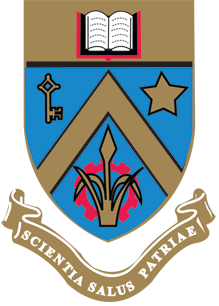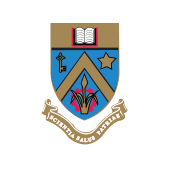
About the Conference
After 50 years of independence, proclaimed on the 12th of March 1968 under very unsteady conditions, Mauritius has been a paradox in the developing world with its skillful management of diversity, sustained democracy and political stability and economic success.
Despite the odds, the successive post-independence governments implemented economic policies that led to industrialization, economic diversification and development. To a certain extent, Mauritius has been able to successfully accommodate the ethnic diversity of its population through different mechanisms, including institutional provisions, political conventions and real and symbolic gestures that contributed to building a sense of belonging among the different groups.
Yet, Mauritian society and the ‘unity in diversity’ of the country remain fragile. As the 1999 riots illustrated, peace and harmony in the country can be disrupted when communities feel excluded from the fruits of development and lack of meritocracy.
The conference will focus on the Mauritian postcolonial developmental and multicultural model as well as comparative case studies/research, examining issues pertaining to quality, sustainability and challenges to democracy, social harmony and economic growth. It will also examine the management of diversity and multiculturalism, especially and what the Mauritian experience can contribute to this debate.
While the conference has a strong focus on the Mauritian model and experience, case studies and research on comparative postcolonial developmental contexts are welcome.
PANELS AND THEMES
The Mauritian multicultural model
How does the Mauritian experience compare with the dominant theories and models of multiculturalism elsewhere? To what extent are existing political structures and institutions relevant to present day Mauritius?
Religious pluralism
How has religiosity evolved since independence and what role has government played in influencing this state of affairs? Is religion a source of unity or the cause of social tension in the society?
The politics of language
What has been the politics and policy on language promotion in Mauritius? To what extent does this foster a sense of national identity? How can language policy strengthen national identity and the sense of belonging to the Mauritian nation?
Globalization and identities
Given the growing influence of the global media and internet age, what are the dominant paradigms of identity construction in present day society? Are language, religion, race and ancestral culture still the main criteria or lenses through which citizens view themselves and others? Or are these identities giving way to newer ones as a result of the influence of new consumption practices and globalization?
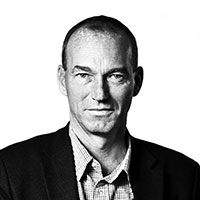
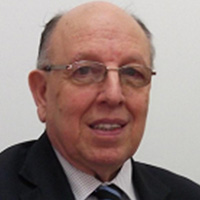
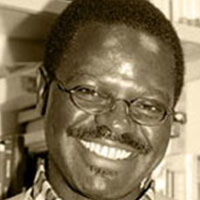
Leader Speaker
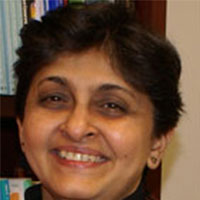
Scientific Committee
- Prof Sanjeev Sobhee
- Prof Sheila Bunwaree
- Assoc. Prof Uma Bhowon
- Prof Vinesh Hookoomsing
- Dr Aveeraj Peedoly
- Prof. Arnaud Carpooran
Organising Committee
- Dr Ramola Ramtohul
- Mrs Christina Chan-Meetoo
- Assoc Prof Verena Tandrayen-Ragoobur
- Dr Harshana Kaseeah
- Dr Leo Couacaud
- Dr Roukaya Kasenally
- Miss Deepa Gokulsing
- Mr Asrani Gopaul
Sponsors:
Sponsors
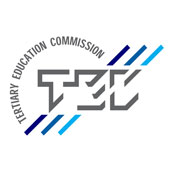


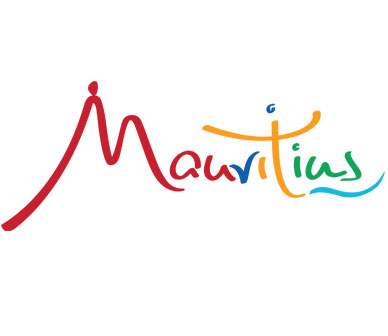
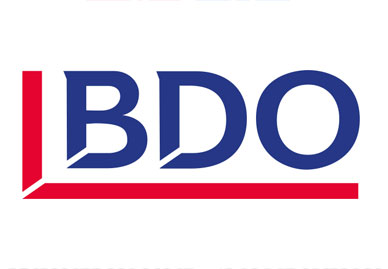
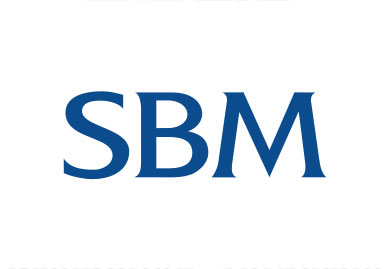
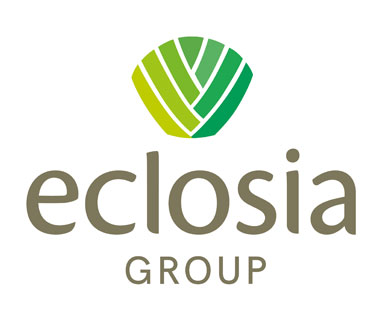
Conference Chair
Ramola RAMTOHUL, Ph.D.
Senior Lecturer in Sociology and Gender Studies,
Department of Social Studies,
University of Mauritius,
Reduit 80837,
Mauritius.
Tel: (230) 4037927
Fax: (230) 4656184
Email: r.ramtohul@uom.ac.mu
Conference Co-Chair
Dr Roukaya Kasenally,
Senior Lecturer
Media and Political Systems
Faculty of Social Sciences and Humanities
University of Mauritius
Tel: 403 7926
Email: roukaya@uom.ac.mu
Conference Co-Chair
Mrs Christina CHAN-MEETOO
Senior Lecturer in Communication and Media
Head of Department of Social Studies
University of Mauritius
Tel: 403-7938
Email: chanssc@uom.ac.mu
